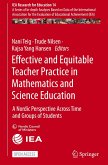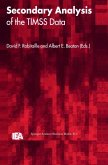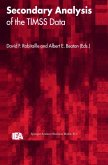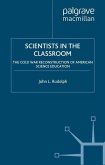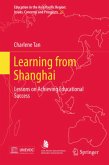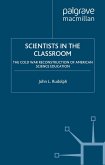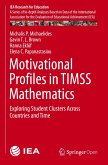Globalization is a powerful force with far reaching impacts on education and education policy. The growth of large scale international surveys of student achievement and the increasing role played by intergovernmental agencies in education means that the influence that globalization exerts on education is likely to increase even further in the future.
This open access book provides a significant and timely investigation into the impacts that globalization has exerted on science curricula in a diverse range of countries using extensive data sets collected by the IEA between 1995 and 2015. Using a combination of quantitative and qualitative methods, this book considers the extent to which there have been changes to the intended and implemented science curricula in different countries over the last 20 years. Consideration is then given as to whether science curricula are becoming increasingly similar across countries over time. Finally the issue of whether the basis of an international core curriculum can be identified is addressed.
Readers will gain a unique insight into the extent to which globalization and large scale international assessments have influenced science curricula in the last 20 years within both the primary and secondary phases.
This open access book provides a significant and timely investigation into the impacts that globalization has exerted on science curricula in a diverse range of countries using extensive data sets collected by the IEA between 1995 and 2015. Using a combination of quantitative and qualitative methods, this book considers the extent to which there have been changes to the intended and implemented science curricula in different countries over the last 20 years. Consideration is then given as to whether science curricula are becoming increasingly similar across countries over time. Finally the issue of whether the basis of an international core curriculum can be identified is addressed.
Readers will gain a unique insight into the extent to which globalization and large scale international assessments have influenced science curricula in the last 20 years within both the primary and secondary phases.


